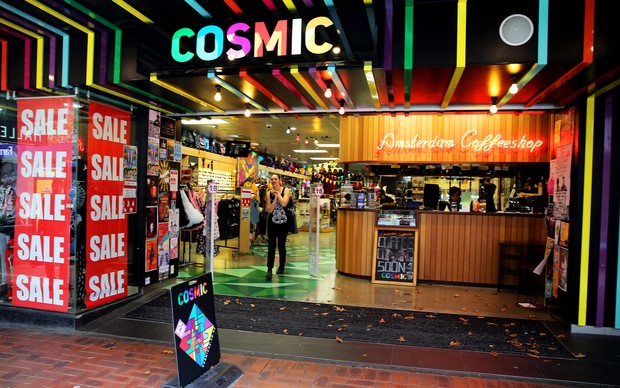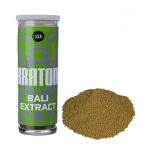Kapiti District Councilors Cannot Ban Legal Highs under Laws

Paraparaumu, New Zealand- Last week, the Kapiti District councilors decided whether or not to approve the policy regarding legal high zones.
The planned zone near the intersection of Te Roto Drive and Kapiti Road in Paraparaumu raised opposition from concerned submissions by retailers and petitions from neighborhoods.
St. Patrick’s Primary school parish stated that it had bought land for a school and church from the zone, as reported to the councilors.
Consequently, the staff recommended that the zone should remain in the same area but had downsized it to creating either a 100- or 200-meter buffer from the church and school.
If the 200-meter zone were adopted, there would only be a single store to sell legal highs in the zone, while a space for two stores would become available if they were to approve smaller buffer, according to the report.
Staff recommended that the councilors should adopt the new policy that will include the Kapiti Road location, but put out the consultation in November.
According to the same report, 57 submissions, where 44 are against while only six are in support, were gathered.
Four of the petitions, with a large number of signatures, were submitted during the hearings. All of which were entitled “We Say No,” expressing concerns about the policy’s impact on the Kapiti Road West, including its nearby businesses, residents as well as concerns on safety, parking and crime.
One of the submitters, Kapiti Retirement Trust, told that it was concerned about crime, which could be motivated by needs of funding legal high purchases.
The proposed zone was also close by four retirement villages (two of which, the Sevenoaks and Midlands Gardens, were operated by the trust).
On the contrary, the report stated that despite the zone’s nearness to the future St. Patrick’s School, it would still remain as the most suitable location.
Other zoned areas were near sensitive sites and schools, but the Kapiti Road has enough of police visibility and accessibility that would prevent customer loitering. The report also stated that under the current laws, the council couldn’t use the policy to ban legal high sales.
But if no policy was in place when approving outlets, the Ministry of Health could approve outlet applications across the district, especially in suitably zoned areas.
While a temporary ban since May 2014 was ongoing, some products may become available \ starting mid-year if such would pass the test conducted by the health ministry proving minimal user risk.
Photo Credit: Radio New Zealand News

















Legal highs should not be main concern of the law enforcement, there are many other things they need to take care of.
very true and straight!
I feel that banning everything is just a way of “turning the screw”